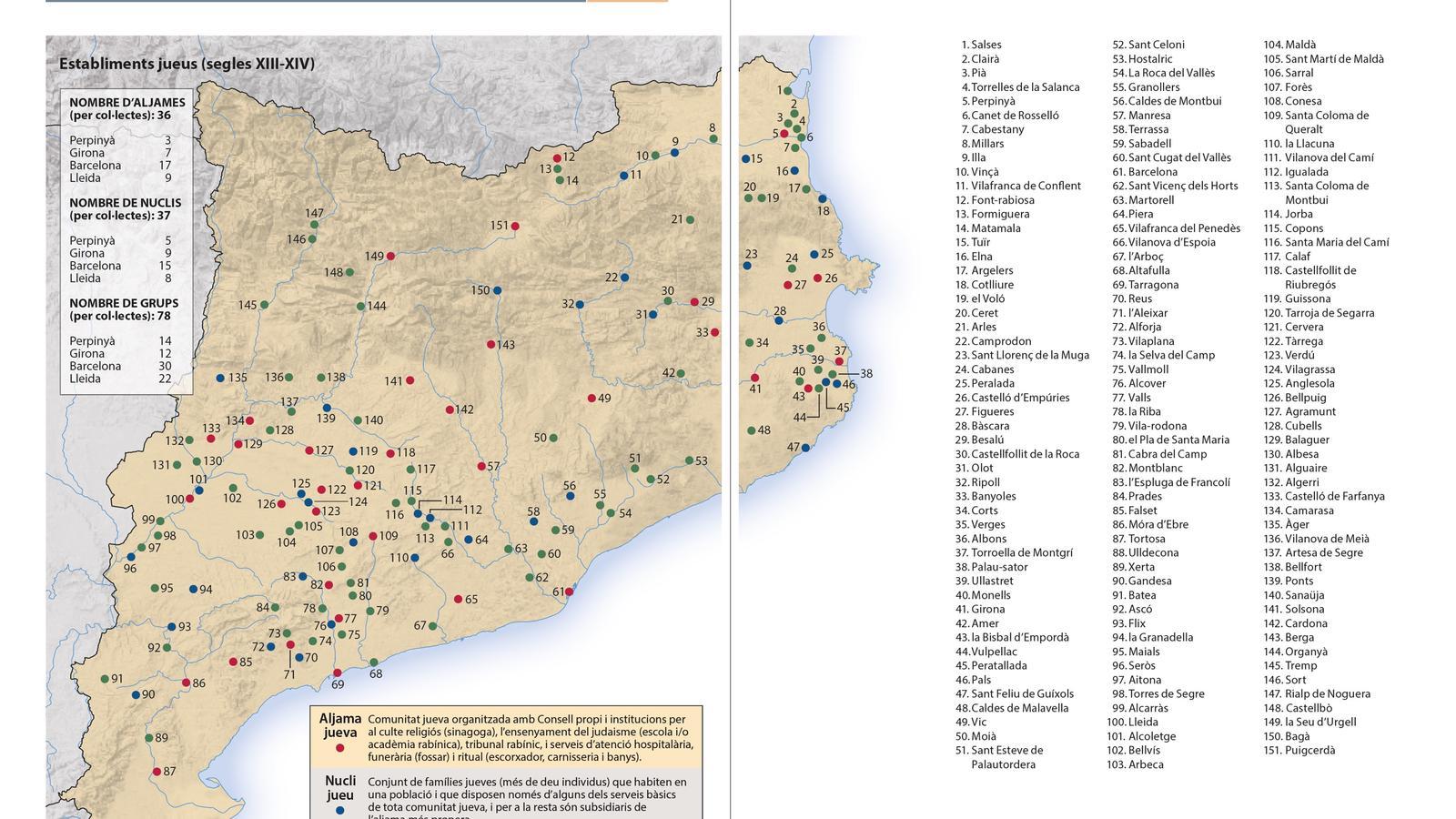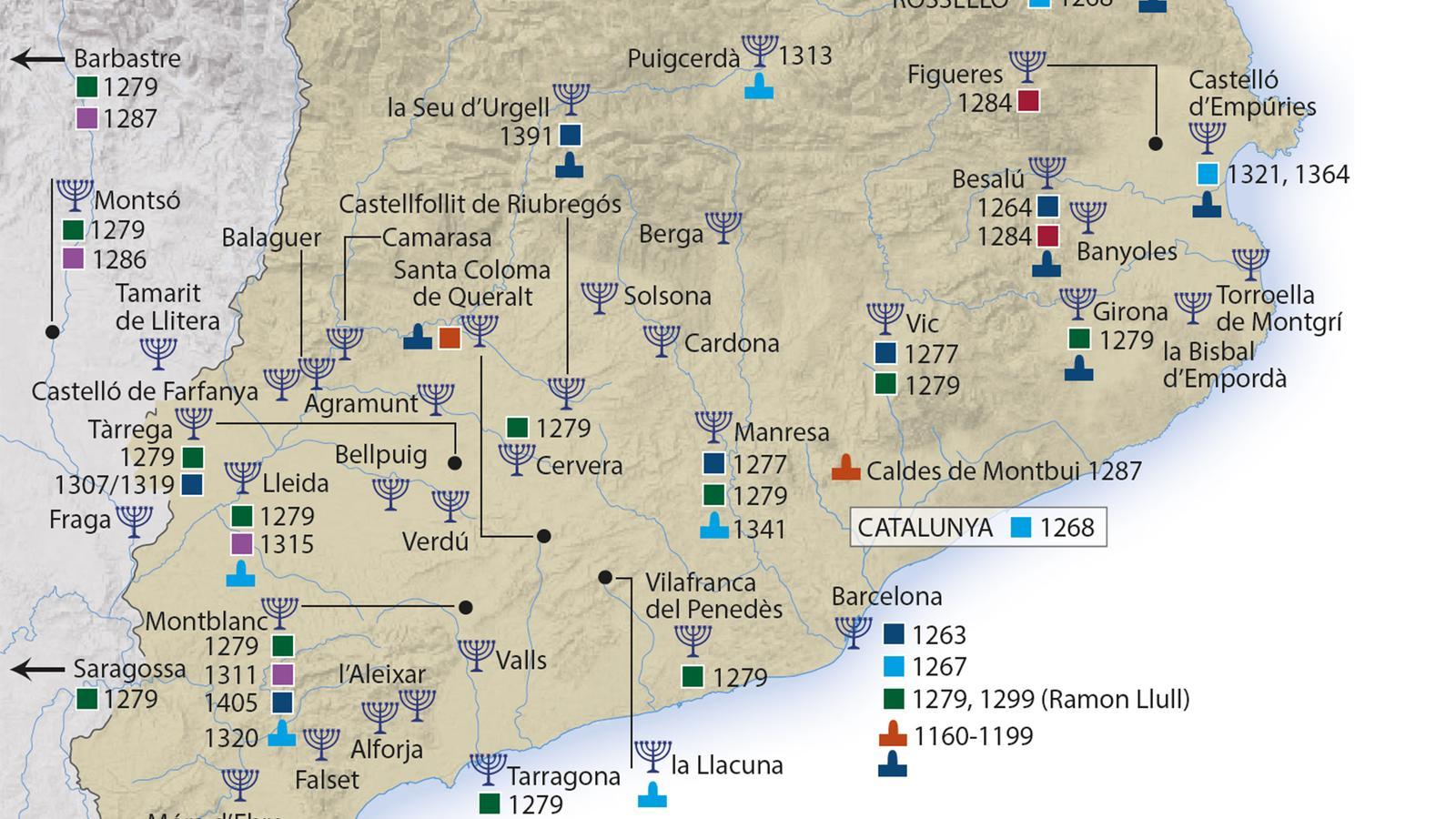Okay, yea, take Difficult Spontaneous Magic and two more Flaw points. Expanding Ambitious to major is cool. OR, take Driven (or another minor personality flaw), and take Mentor. I allow two Story Flaws as long as one is minor, and since Enemies is also minor, that fits fine. Take Santiago as your Mentor, as that fits with what we are doing already. Just some suggestions.
Those are good suggestions . I’m still stuck with ‘only one Story Flaw’. But they often add some good history or connections for a character. But for them to be Flaws a poor SG needs spend energy. At best the player uses it himself, having the character actively seek stories for the Flaw. Even if the SG just has to bait the player it’s ok. But sometimes it’s hard work for the SG
Mentor is cool. My maga Trianonae in my current Rhine saga has this. Or is it Fostered Apprentice?
Anyway she was taught for a while by the magus many should have been Primus Bonisagus. Basically all her life is about finding the truth of the Order of Odin and forcing a change of Primus.
Does the covenant has a captain of the grogs who assigns grogs to specific tasks? If so, is he an NPC or does someone play him?
I have a different philosophy concerning Story Flaws.
Character Backstory
With a game this large, and with the fog of distance via interwebs,the existence of a characters Story Flaws are not always obvious. Nor is it pragmatic for the SG to work them all in. Story Flaws (and Hooks) can shape stories as well as inspire them. In a way, a Story Flaw is most effective if treated as a Personality Flaw. Let them shape the way the character acts, the things they say, the way they behave.
For example, you have Enemies. That enemy might never show up. But it still makes good story material. Let it shape The Woads thoughts and reactions. Write what he thinks about things, if not spoken out loud. Be suspicious of Merinita magi. And if you keep mentioning it, someone (myself or another sg) will become inspired with an idea to work that Story Flaw into a plot. Either as a MacGuffin, or as the conflict.
I thought we didn't. But I looked it up and I found Captain Armand. He needs to be revised and audited. And maybe due to retire. But I guess you are trying to bump me for a tour guide 
LOve this approach. Bookmarking.
Not you specifically, but I was certainly trying to bump someone! ![]()
Slight revison of the Woad again: Switched 'Weak Spontaneous Magic' with Difficult, added Driven (minor) and Mentor (Santiago)
Suggestion for the Woad: talking about oneself in 3rd person is odd. That can be a flaw if you need one.
He hadn't thought about that, but yes - it is odd. He has his flaws balance the virtues now, and does not need anymore. A free flaw we can call it.
I actually did do that once, waaaaay back in High School. A girl and I talked in 3rd person a few days during a study trip to Portugal and Spain (read: PARTAY trip). It drove people nuts!
An article from a Catalan newspaper about the jews in Catalonia in the XIII and XIV centuries.
There are 2 maps that are interesting, and google translate can surely help you get what it says translating from Catalan to English.
the interesting map ois this:
RED DOTS: Aljama. Organized Jewish community with all services including synagogue, school, rabinical tribunal, hospital, funerary services, baths and slaughterhouse.
BLUE DOTS. Jewish community (more than 10 individuals), but lacking some services.
GREEN DOTS: Small Jewish group, including isolated families. Lacking most formal Jewish services.
theContains all the services and

this one is about the synagogues and ritual baths (no legend available in the article)

As a second point and given that you are using heavy equipment (that produces load), have you considered investing a point of 3 in Strength? it might be worthwhile and more balanced than putting everything in Stamina. You would drop a pair of points in Stamina, but increase your fatigue by +2 (no load) and your damage as well if you want to engage in close combat.
That is not a bad ide, to rearrange a little for Str.
I just like having a through the roof Stm, for when rolling Concentration, and for Soak.
Oscar is not one that shows much concern. Marcellus and Ikeos can hear him clearly, and may want to follow up with questions. Neither Oscar or Roger speaks Catalan as a native. Oscar is closes, with Spanish 5 (Castilian), and Occitan 4 Catalan). Roger is English 5 (northern) and Catalan 4 (Andorra).
I am aware of the discrepancies. They are not severe. The concept of languages in gaming terms interests me though.
They both have Latin 4 (magi), so can communicate with you guys with ease and clarity, but with an accent.
Ikelos has the general Spanish his native. As a child in Toledo, what would be his language/dialect?
Yes. Technically it would be Castilian. Spanish wasn't the name of a Language yet, but it is an easy way to group together mutually inteligible dialects of Iberian Romance. As far as I know, Castilian, Aragoneese, and Leonese are all pretty similar. Aragonese is half way between Castilian and Catalan. Some scholars group Catalan as a dialect of Occitain. That works too. In the modern day, Castiian and Catalan arethe two most dominant versions of Iberian Romance, and there are political conflicts based on culture and language. To my ear, they sound very similar. But my personal score in Spanish is maybe 2, and my experience in Catalan comes from meeting strangers on a train (I heard them speaking Spanish in an unusual accent, I asked if that was Catalan, they laughed and said no, then asked each other if they spoke Catalan, and they did so they started a new conversation in Catalan. Still sounded the same.
Xavi reads the comment. Decides not to go there except to point out that I can read occitan. A Spanish-only speaker cannot.
Btw, loving the awkward moment that Mateu has created unknowingly.
Mind you, I am a wage slave line cook and not a linguistics scholar. But as far as I can discern, Romance languages seem to work on a spectrum. Galician, Leonese, Castilian, Aragonese, Catalan, Occitain, French. For my own language, I see the spectrum as Danish, English, Frisian, German. Yeah, there is a lot of French in modern English vocabulary. But if one is skilled, it is possible to write complex essays using only (mostly) Anglo-Saxon words.
I got distracted 
Is it possible for a Castilian only speaker to read Catalan to any degree? I myself find it easier to read Spanish that to speak or comprehend vocal Spanish. Part of that is being able to take time to piece it out. But a major part is that, when written, Spanish tends to be more formal and consistent. What I tend to hear is a lot of slang and regional dialects (different parts of Mexico, some Central American).
Feel free to go "there". Just don't get angry at my ignorance 
Keep in mind my point of view is that of a Yank that has worked with a lot of Spanish speaking people for most of my adult life. I know mainly kitchen terms and swear words. The Aztec and Mayan languages are gone. Spanish is their native language, and right wing nut jobs over here tend to harass and persecute them because of their language.
But one day, one day when I have money I am taking a vacation to Spain. I am going to track you down, and we are hitting the clubs of Barcelona and you are gonna teach me how to swear in Catalan. I don't care that you are getting old. I am getting old as well. I wanna say something rude in the right accent, get slapped by a beautiful woman (or a drink poured on me), then I get her to come back the hotel and party with us.

Yes, there are a lot of similarities between Danish, English, German and even Dutch - I'm afraid I don't know anything about Frisian.
Danish and Norwegian are quite similar, although if you don't have any experience with Norwegian it's gibberish. As we say: Norwegians don't speak, they sing! Many words are the same, but you spell and pronounce them differently. Norwegian spelling is more phoenetic than Danish, so for us it looks like they're dyslexic. I mean no offense to anyone, it's actually a lot easier than our pretentious spelling. Example: "Station" is spelled same way in Danish and English, in Norwegian is is "stasjon".
Swedish is more different to us than Norwegian, they have a not of words more resembling German than Danish. Some regional dialects of Swedish are impossible for me to understand, others I can. It's easier to read.
English is second language in Denmark, and most everybody have at least a grasp of it. If you came to Denmark you'd be able to read most signs, since English creeps into our daily languags. I had German in school for 5 years, but never really used it. It's the most common 3rd language here, that or French. I can read signs and order at restaurants, but I'm unlikely to ever make a living requiring mastery of German.
But with than languages I know Dutch is intelligble to me, altough only in writing. Their pronounciation is odd. Spoken slowly and clearly I can make out individual words. One of my sisters-in-law lives in the Netherlands with a Dutchman, and she's learning the language. He told me the Flemish language spoken in Belgium is basically the same as Dutch, although "they pronounce it wrong" he says. We've bene down there a lot in recent years, and it's convenient that most everybody in the Netherlands and the Flemish part of Belgium speaks English. The French-speaking part of Belgium - not so much.
My Italian is pretty good and fluent, and my Latin makes me read documents of many times easily. My Castellano - derived from that - is lousy, but lets me get by: booking rooms, ordering at restaurants, reading information material and the occasional short chapter in a book. My Català and Português - also derived from that - are even worse. But they still allow me to read information texts: I should not attempt to speak them, though.
So a literate speaker of modern Castellano can figure out information texts in Català as well.
But neither Castellano nor Català would be as well codified in the middle ages as today - and especially vernacular writing might be verrry individual. The Voynich manuscript may well be idiosyncratic vulgar Latin from a 15th century nunnery - and has not been figured out yet.